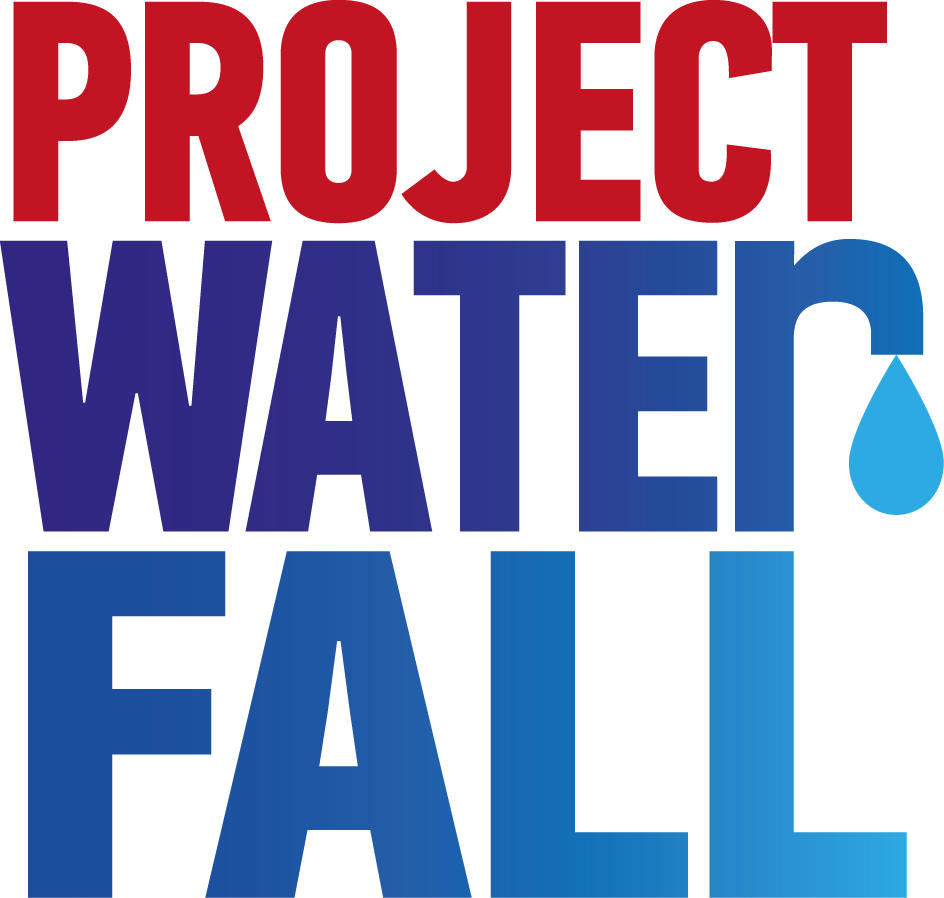16-year-old Seido lives in Sirima village in Berbere, Ethiopia: the location of our latest project. She has never been to school.
Seido standing in-front of her nearest water source: an unprotected river.
WaterAid/ Frehiwot Gebrewold
In Ethiopia, household chores including collecting water, are considered to be the responsibility of women and girls. As the eldest daughter of 5 children, she walks 10 hours everyday to collect water for her family:
“I am responsible for collecting water. The rest of my siblings go to school, and I want them to get their education. I don’t go to school. I have never been to school. I made the choice of staying home and supporting my mother with collecting water.”
The water crisis has a massive effect on girls’ ability to get an education. In communities where there is no access to clean water, girls often have to take time out of school to collect water for their families - or in Seido’s case, cannot attend school at all.
The situation is further complicated by a lack of toilet facilities at schools. When teenage girls have their periods and their school doesn’t have toilets, they will often stay at home to avoid any embarrassment. Up to a week of school is missed every month as a result. That’s a quarter of the school year. This can put young girls behind their male peers in academic performance and starts them off on the wrong foot when graduating. This further perpetuates negative stereotypes about women and girls.
Clean water closer to home totally changes this. It means young girls can spend more time in school and so receive a better education.
Seido loading jerrycans full of water onto a donkey to walk for about five hours back to her parent’s house.
WaterAid/ Frehiwot Gebrewold
Seido told us what she would do if her and her family had access to water close to home:
“I want to go to school. If I get a chance, I would love to get register in the coming Ethiopian new year [September]. But I don’t think I can do that, as we have to deal with this challenge. There needs to be someone responsible for collecting water for our family, and that is me. I don’t want my siblings to miss out on their education.
If we get water near our house, I will start school and we will live a healthy life. Our life will be changed for good. That will be a dream come true.”
Once our project in Berbere is complete, Seido will able to attend school with her siblings. Over 40,000 people living in this area will have access to inclusive water supplies and sanitation facilities. Women and girls like Seido will be empowered to better understand their rights to clean water, sanitation and hygiene education.



